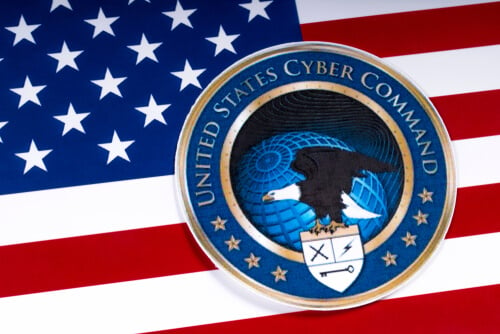The U.S. Department of Justice (DOJ) announced on Wednesday, September 4, that it had seized 32 internet domains in a covert Russian government-sponsored foreign malign influence operation. This operation, known as "Doppelganger," targeted audiences in the United States and other countries to influence the 2024 U.S. Presidential Election and other political objectives.
The DOJ's action reveals the extent of Russia's ongoing efforts to interfere in foreign elections and spread disinformation. The campaign, directed by the Russian presidential administration, utilized sophisticated tactics, including cybersquatting, AI-generated content, and fake social media profiles to disseminate Russian government propaganda.
U.S. Attorney General Merrick B. Garland emphasized the severity of the threat, saying:
"As alleged in our court filings, President Vladimir Putin's inner circle, including Sergei Kiriyenko, directed Russian public relations companies to promote disinformation and state-sponsored narratives as part of a campaign to influence the 2024 U.S. Presidential Election. An internal planning document created by the Kremlin states that a goal of the campaign is to secure Russia's preferred outcome in the election."
The operation employed a range of tactics to spread its message covertly:
- Cybersquatting: Registering domains that mimic legitimate news websites
- Creating unique media brands
- Deploying "influencers" worldwide
- Using paid social media advertisements, some created with AI
- Creating fake social media profiles posing as U.S. or non-Russian citizens
Deputy Attorney General Lisa Monaco highlighted the calculated nature of these efforts, saying:
"At Putin's direction, Russian companies SDA, Structura, and ANO Dialog used cybersquatting, fabricated influencers, and fake profiles to covertly promote AI-generated false narratives on social media. Those narratives targeted specific American demographics and regions in a calculated effort to subvert our election."
While the U.S. was a primary target, the Doppelganger campaign also aimed to influence audiences in other countries, including Germany, Mexico, and Israel. The operation sought to undermine international support for Ukraine and bolster pro-Russian policies and interests globally.
The DOJ's actions were based on violations of U.S. money laundering and criminal trademark laws. The use of U.S.-based domain names at the direction of sanctioned individuals and entities violated the International Emergency Economic Powers Act (IEEPA).
FBI Director Christopher Wray emphasized the bureau's commitment to combating such threats, saying:
"Today's announcement exposes the scope of the Russian government's influence operations and their reliance on cutting-edge AI to sow disinformation. The FBI will continue to work with our partners to expose and shutdown these covert influence campaigns."
As the 2024 U.S. presidential election approaches, this DOJ action serves as a stark reminder of the ongoing threats to electoral integrity and the importance of vigilance against foreign interference in democratic processes.
The case is being investigated by the FBI Philadelphia Field Office and prosecuted by various divisions of the Justice Department, highlighting the collaborative effort required to combat sophisticated foreign influence campaigns.
Follow SecureWorld News for more stories related to cybersecurity.





